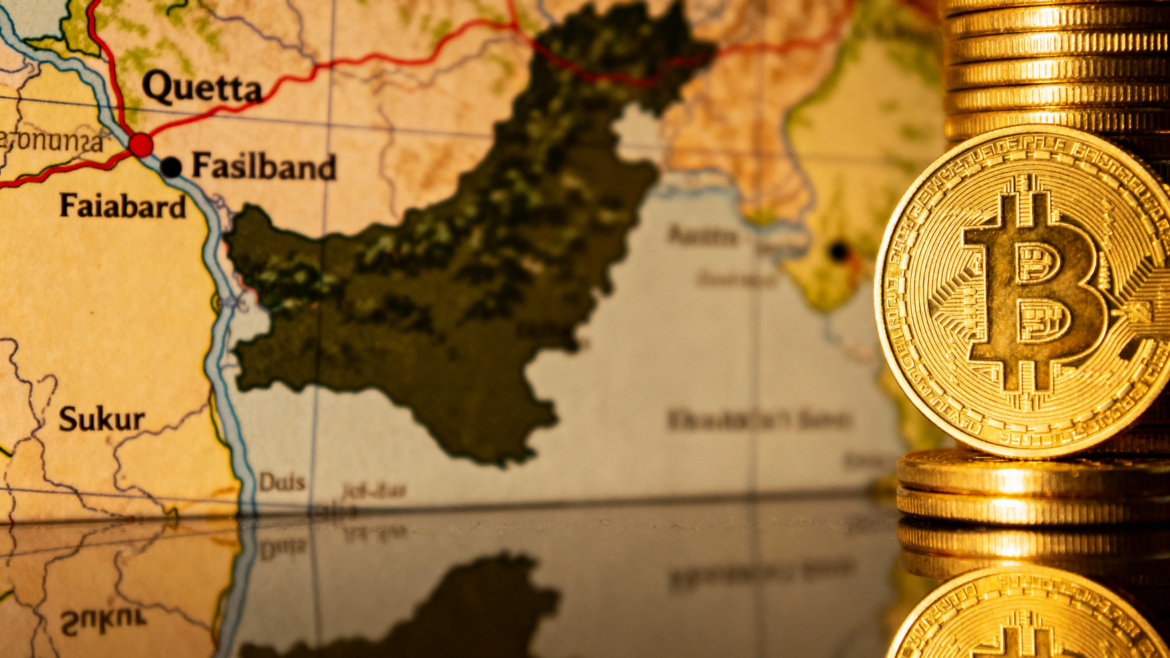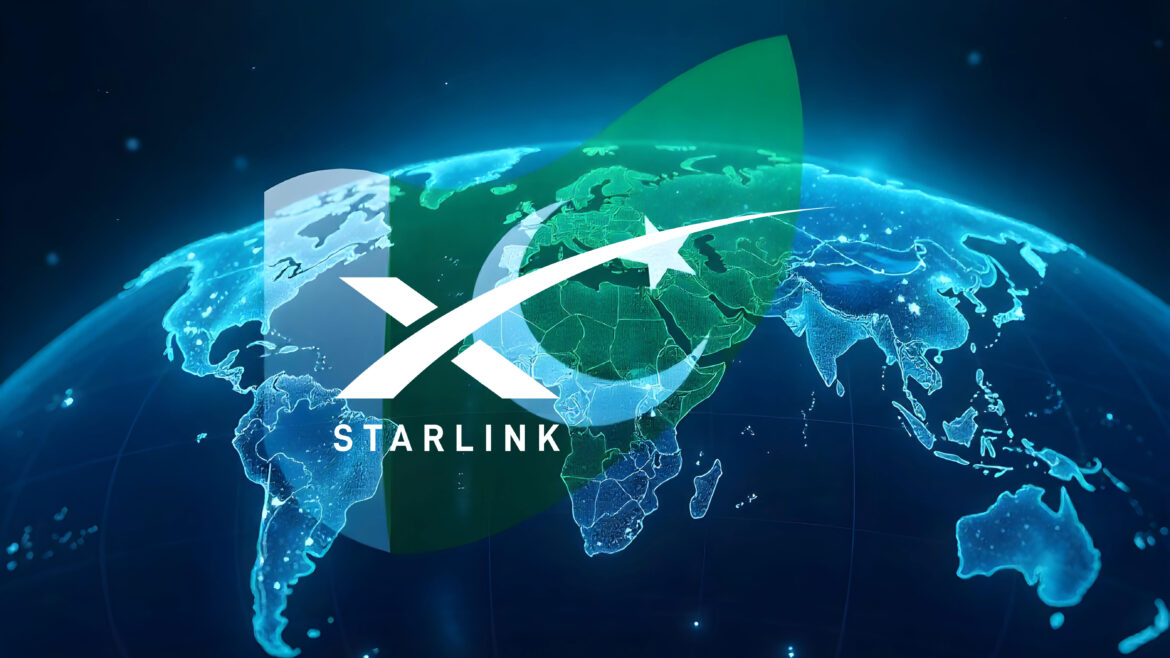Pakistan has taken a groundbreaking step in the realm of financial technology with the incorporation of the Strategic Digital Wallet Company, a state-owned enterprise (SOE) designed to manage and safeguard government-owned virtual assets. Furthermore, this initiative comes in line with the newly introduced Virtual Asset Ordinance 2025, which provides a clear and structured framework for virtual assets and Virtual Asset Service Providers (VASPs).
As a result, the move reflects Pakistan’s ambition to embrace blockchain-based financial technologies while ensuring compliance, transparency, and national security.
Backed by the Virtual Asset Ordinance 2025
The Virtual Asset Ordinance 2025 is a milestone for Pakistan’s financial sector. In fact, it provides the legal foundation for regulating digital assets, an area that has long remained under uncertainty. Therefore, Pakistan is now in a stronger position to build trust in blockchain-driven financial solutions.
Moreover, this ordinance offers a clear pathway for both public and private institutions to operate securely in the virtual asset economy.
A Government-Owned Non-Profit Entity
The Strategic Digital Wallet Company is being established as a non-profit organization under Section 42 of the Companies Act 2017, registered with the Securities and Exchange Commission of Pakistan (SECP). Consequently, this ensures the company functions transparently, solely for the purpose of protecting and managing digital assets on behalf of the government.
Additionally, the initiative is spearheaded by the Pakistan Crypto Council, which emphasized the need for a secure, government-operated digital wallet. In this way, the company aligns perfectly with the new regulatory regime.
Leadership and Governance
To meet SECP requirements, three senior officials have been appointed as the company’s founding directors:
- Taimoor Hasan, Joint Secretary, Finance Division
- Humera Azam Khan, Joint Secretary, Cabinet Division
- Amir Muhammad Khan Niazi, Joint Secretary, Law and Justice Division
Furthermore, Ahmed Taimoor Hasan has been appointed as the acting Chief Executive Officer (CEO) of the company until a regular CEO is appointed under the State-Owned Enterprises (Governance and Operations) Act 2023.
The Future of Digital Finance in Pakistan
The Strategic Digital Wallet is envisioned to become Pakistan’s foundational infrastructure for managing state-owned virtual assets. For example, some of the potential use cases include:
- Tokenized Government Bonds
- Sovereign Digital Currency
- Cross-Border Blockchain Transactions
Therefore, by building this infrastructure, Pakistan is preparing itself for the next phase of the digital economy. In the long run, regulated and transparent use of blockchain technology could significantly strengthen its financial ecosystem.
A Progressive Step for Pakistan
This initiative is being widely hailed as a forward-looking step that places Pakistan alongside nations actively adopting digital finance frameworks. Moreover, by mitigating the risks of unregulated crypto activity, the government is signaling its commitment to innovation, regulation, and security in the blockchain space.
Ultimately, the establishment of the Strategic Digital Wallet Company not only highlights Pakistan’s adaptability to global financial trends but also sets the stage for integrating digital assets into mainstream governance and economic growth.




